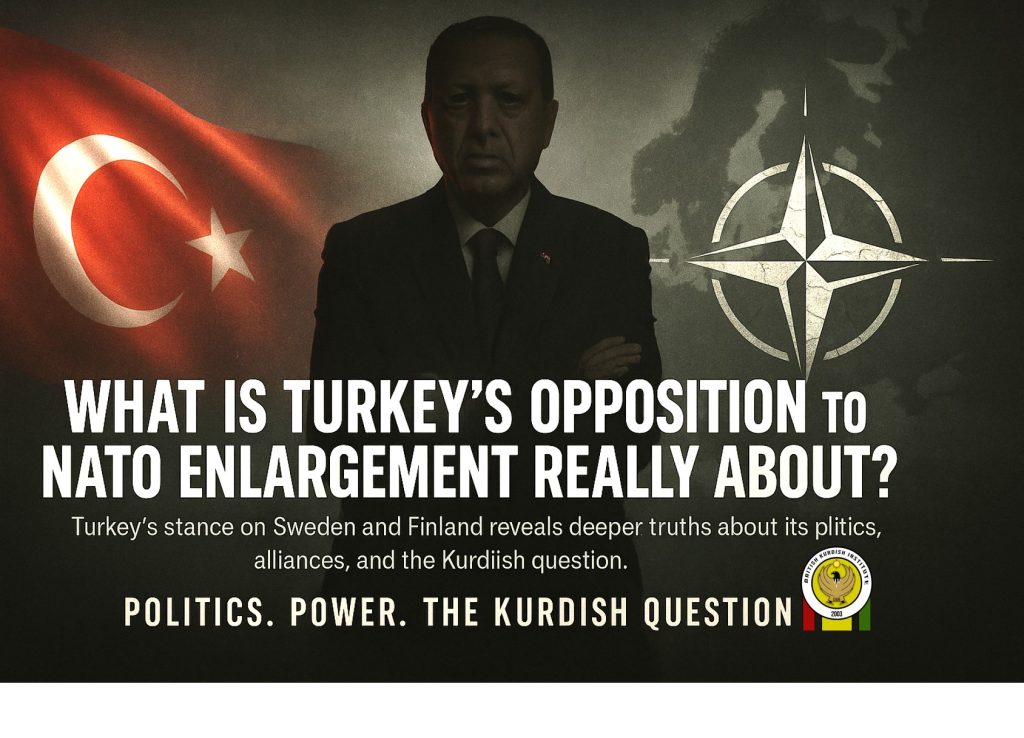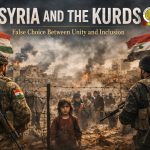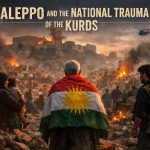Turkish President Recep Tayyip Erdogan’s decision to block Sweden and Finland’s NATO accession during a war in Europe has sparked global debate. His demands—focused largely on the Kurdish issue—reveal deep insights into Ankara’s security priorities, domestic politics, and foreign policy calculations.
Turkey’s Objections: Security Concerns or Political Theater?
Ankara’s objections to Sweden’s NATO membership shocked many allies, but they mirror Erdogan’s long-standing domestic rhetoric. The Turkish government frequently criminalizes dissent under the guise of counter-terrorism, often with little pushback from Western partners.
-
Accusations Against Sweden: Erdogan accused Sweden of harboring members of the Kurdistan Workers’ Party (PKK), despite the group already being banned under EU law. He went further, alleging that “terrorists” sit in Sweden’s parliament, a thinly veiled reference to MPs of Kurdish heritage.
-
Demands Without Clarity: Presidential advisor Ibrahim Kalin outlined conditions that Sweden and Finland must stop “allowing PKK activities” on their soil—without citing specific violations of law.
-
Extradition Disputes: Turkish media claimed Sweden and Finland refused to extradite over 30 individuals linked to the PKK and the Gulen movement. Such accusations mirror the broad terrorism charges that have landed tens of thousands of Turkish citizens in prison.
These accusations come against the backdrop of Turkey’s highly politicized judiciary, where trials often rely on flimsy evidence—ranging from social media posts to Kurdish cultural expressions.
The Domestic Political Context
With elections approaching in 2023, Erdogan intensified his use of terror charges as a political weapon.
-
Targeting the HDP: Nearly six million Turkish citizens, mostly Kurds, support the pro-Kurdish Peoples’ Democratic Party (HDP), the second-largest opposition party. Prosecutors have sought to ban the HDP and more than 400 of its members, branding peaceful advocacy as “terrorism.”
-
Opposition Leaders Under Fire: Istanbul mayor Ekrem Imamoglu, a leading opposition figure, has faced investigations for employing alleged “terrorists,” with charges based on anonymous witnesses and even the use of Kurdish language.
These tactics serve to weaken political challengers while strengthening Erdogan’s grip on power.
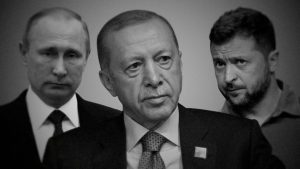
Why Erdogan Is Really Upset with Sweden
At its core, Erdogan’s anger at Sweden is not about NATO security but about politics and the Kurdish issue.
-
Sweden’s Kurdish Diaspora: Sweden hosts a vibrant Kurdish community that is socially and politically active, with roots in migration from Turkey and Iraq. Kurdish culture is celebrated through art, sports, and political engagement.
-
Ties to Syrian Kurds: Sweden has openly engaged with the Autonomous Administration of North and East Syria (AANES) and the Syrian Democratic Forces (SDF). Swedish officials have met with Kurdish leaders, supported humanitarian initiatives, and even imposed an arms embargo on Turkey after its 2019 invasion of Syria.
-
Human Rights Stance: Sweden frequently criticizes Turkey’s human rights record, making it a symbolic adversary in Erdogan’s narrative.
Why It Matters for NATO and Global Politics
Erdogan’s actions underscore several critical truths:
-
Kurdish Politics as a Central Threat: For Ankara, Kurdish political organizing remains the greatest threat—more significant than jihadist terrorism or Russian aggression.
-
Foreign Policy Driven by Domestic Goals: Turkey views NATO less as a defense alliance and more as a platform to enforce its anti-Kurdish agenda internationally.
-
Geopolitical Balancing Act: Erdogan positions Turkey not as a junior partner to the West or Russia, but as a regional power leveraging both blocs to advance its own objectives.
This explains why Turkey has both aided NATO efforts—such as selling drones to Ukraine—while simultaneously taking steps that benefit Russia, such as blocking NATO enlargement.
Historical Pattern: The Kurdish Question Shapes Foreign Policy
Turkey’s opposition to NATO expansion echoes its earlier policies during the Syrian war:
-
Turkey often hindered the U.S.-led anti-ISIS campaign because it prioritized stopping Syrian Kurdish autonomy.
-
It allowed extremist groups to cross its borders, attacked Kurdish forces central to defeating ISIS, and created zones in Syria now controlled by militias with jihadist ties.
This pattern demonstrates that Ankara’s hostility toward Kurdish self-determination consistently overrides broader security considerations.
Future Implications
As long as Ankara pursues a militarized solution to the Kurdish issue, tensions with NATO and Western states will persist. Meeting Turkey’s demands risks undermining democratic freedoms in Europe, as Kurdish activists, refugees, and political dissidents could face persecution or extradition.
Western governments also share responsibility: years of arms sales, political compromises, and silence on human rights have emboldened Erdogan’s authoritarian approach. Without a shift in policy, NATO may continue to be used as a tool for Ankara’s domestic repression rather than collective security.

